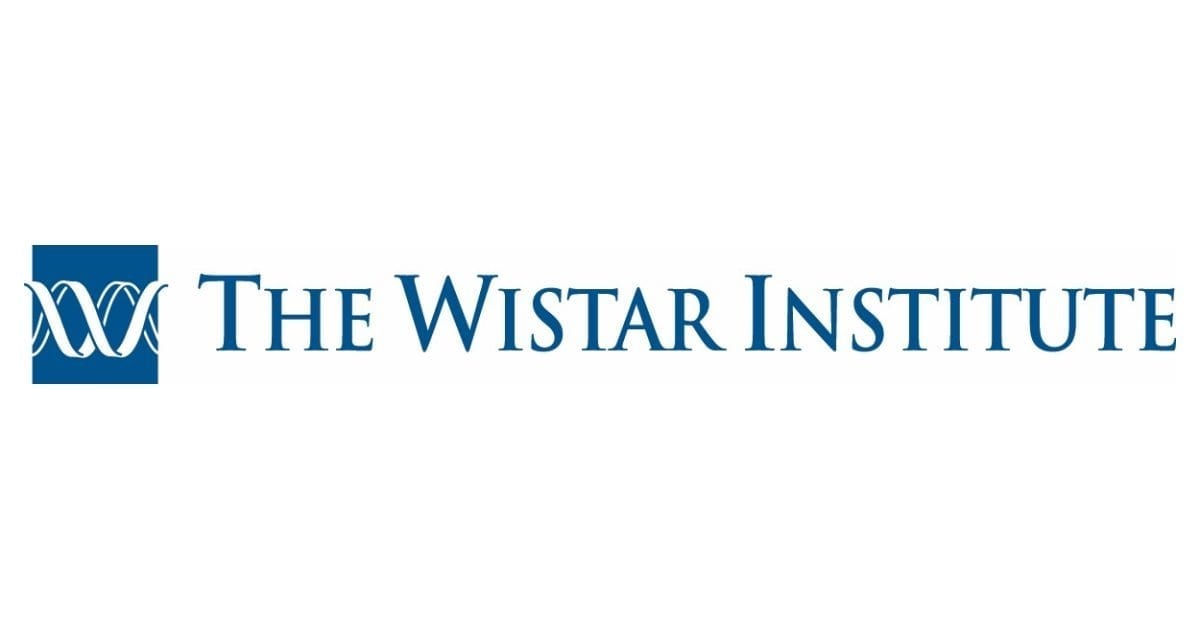
The Wistar Institute is an international leader in biomedical science, with special expertise in oncology, immunology, infectious disease and vaccine research
The Latest Bing News on:
Wistar Institute Research
- Promising Personalized Approach to Liver Cancer Therapy Made Possible by DNA-based Neoantigen Research Designed at The Wistar Institute
Geneos Therapeutics, Wistar, and Collaborators Translate Personalized DNA Vaccine Technology into Clinical Outcome Based on Mistakes Tumors MakePHILADELPHIA, PA, April 30, 2024 (GLOBE NEWSWIRE) -- ...
- Students discover research opportunities on the path to graduation
Independent research opportunities are an important part of the learning process for RIT undergraduates and graduates.
- Marshfield Clinic Research Institute wants any ticks you find for research
The research institute will send those interested a kit to place any ticks found dead or alive, and to ship back to the research facility in Marshfield for free. The purpose is to not just better ...
- Future of Humanity Institute shuts: what’s next for ‘deep future’ research?
Some future shocks are hard to avoid — as researchers at the 19-year-old Future of Humanity Institute (FHI) at the University of Oxford, UK, discovered last week, when the institute was shut down in ...
- Wistar’s Zachary Schug and lab are studying the relationship between alcohol intake and some site-specific cancers
It’s worth considering our dietary and drinking habits carefully in light of realistic risks. This is why granular biomedical research is so important.
The Latest Bing News on:
Wistar Institute Discovery
- Promising Personalized Approach to Liver Cancer Therapy Made Possible by DNA-based Neoantigen Research Designed at The Wistar Institute
Geneos Therapeutics, Wistar, and Collaborators Translate Personalized DNA Vaccine Technology into Clinical Outcome Based on Mistakes Tumors MakePHILADELPHIA, PA, April 30, 2024 (GLOBE NEWSWIRE) -- ...
- Einstein’s Legacy Proven Again With Monumental Black Hole Discovery
Researchers utilizing the European Gaia spacecraft have discovered a black hole in a binary system, located 1,500 light-years away and weighing 33 times the mass of the sun, making it the heaviest ...
- Star Trek: Discovery's Enterprise Plaque Reveals New Mirror Universe History Details
Discovery brought the ISS Enterprise into the 32nd century, and a translation of its dedication plaque reveals new Mirror Universe details.
- Pfizer collab with Austrian research institute leads to new AI models for drug discovery
A three-year collaboration between Pfizer and the Research Center for Molecular Medicine of the Austrian Academy of Sciences (CeMM), has resulted in a new AI-driven drug discovery method that could ...
- Wistar’s Zachary Schug and lab are studying the relationship between alcohol intake and some site-specific cancers
It’s worth considering our dietary and drinking habits carefully in light of realistic risks. This is why granular biomedical research is so important.








